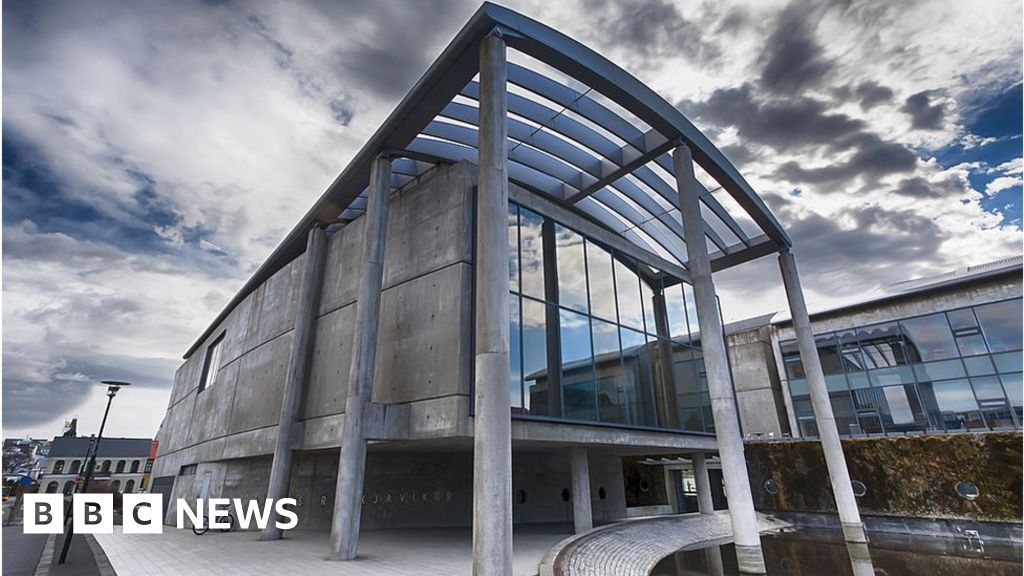image courtesy of Getty Images Researchers say that trials of a four-day week in Iceland were a “overwhelming success” and that many workers moved to reduced hours as a result. Between 2015 and 2019, workers in the trials were paid the same amount for working fewer hours. According to the study, productivity in the majority of workplaces remained stable or improved. A number of other trials are under underway around the world, notably in Spain and in New Zealand by Unilever. More than 2,500 people participated in the trials held by Reykjavik City Council and the national government of Iceland, accounting for around 1% of the country’s working population. According to researchers from the UK think tank Autonomy and the Association for Sustainable Democracy (Alda) in Iceland, many of them switched from a 40-hour week to a 35- or 36-hour week. Asda will allow offices to work in a hybrid mode on a permanent basis. Covid: In England, most rules are expected to be phased down, according to the Prime Minister. According to the researchers, the trials prompted unions to renegotiate working patterns, and now 86 percent of Iceland’s workforce has either switched to shorter hours for the same salary or will soon have the option to do so. Workers claimed their health and work-life balance had improved, and they were less stressed and at risk of burnout. “This analysis reveals that the world’s largest ever trial of a shortened working week in the public sector was by all accounts an amazing success,” said Will Stronge, Autonomy’s director of research. It demonstrates that the public sector is well positioned to be a leader in reduced work weeks, with lessons for other governments to learn.” “The Icelandic reduced working week trip informs us that not only is it possible to work less in modern times, but that progressive transformation is also conceivable,” stated Gudmundur D. Haraldsson, an Alda researcher. Because of the obstacles posed by the coronavirus, Spain is experimenting with a four-day work week for businesses. In an experiment, Unilever in New Zealand is also allowing employees to reduce their working hours by 20% without affecting their compensation. In May, a report commissioned by Platform London’s 4 Day Week campaign claimed that working less hours might reduce the UK’s carbon impact. Iceland New Zealand is a country in the Pacific Ocean. Employment/n
Read MoreFour day week ‘an overwhelming success’ in Iceland
2021-07-05T18:02:50-04:00July 5th, 2021|





